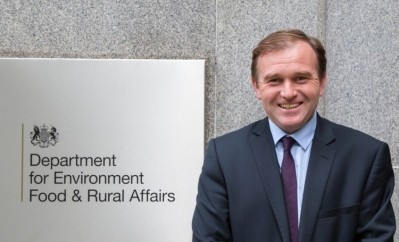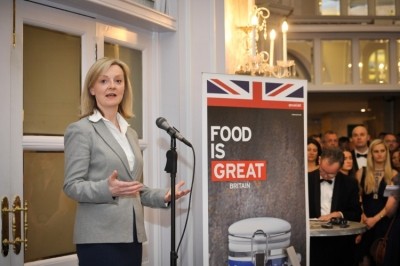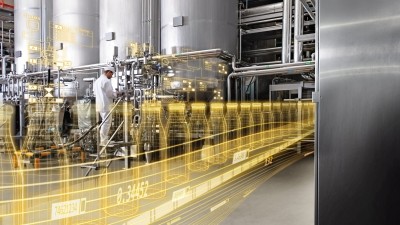Defra: Collaboration and sharing data key

Speaking at the Internet of Food Things Plus Conference 2019, Leveson-Gower argued that businesses couldn’t work in isolation, sharing choice pieces of data within their own supply chains, to solve issues such as reducing greenhouse gases and providing the nation with nutritional food.
“To change the system, you have to have all the system in the room,” he explained. “I suppose this is why digital collaboration is so exciting, because it’s not just having the system in the room for a one-off day meeting, but actually on an ongoing basis, and thinking how all the different players in the room can collaborate towards the change we need.”
Knowledge is power
During the conference, questions were raised about the type of power that data about the food and drink supply chains could give to certain individuals and organisations. If knowledge was power, it was argued, then by that definition, the supermarkets – with their ability to see everything within the chain, right down to consumer data – would sit on top of the pile.
However, these holders of power had been made nervous by the rapid rise of online retailers, such as Amazon and Ocado, disrupting the status quo. As more and more consumers shifted to digital systems, online retailers were scooping up more of the power.
This, in turn, raised questions on how this data would be used and if it could be exploited for one business’ financial gain. However, Leveson-Gower suggested that digital collaboration and sharing the power that data gave served the supply chain better.
Investing in data sharing
A pooling of investment into sharing data through the supply chain would create a better understanding of the work producers do to make food and would ease the pressure on them, so more could be done to meet environmental targets, he argued.
“If we are seriously going to move to zero carbon emissions, we become dependent on what the producers do,” Leveson-Gower explained. “If we continue to starve them of resources and boss them around, the net result is that they’ll probably not bother.
“Only by starting to collaborate, share power and change our supply chain patterns will we be maybe able to save ourselves, but that requires quite a high level of understanding of what happens. That’s a positive story of power being shared down the supply chain and internationally.”
















